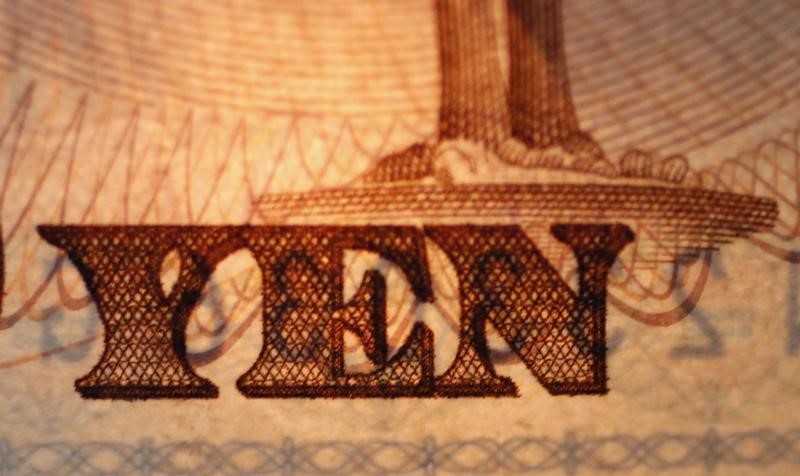The US economy experienced a robust growth rate of 4.9% in Q3 2023, marking the fastest pace in over two years, according to reports from the Commerce Department. This economic expansion was primarily driven by consumer spending across various goods and services, defying rising inflation and interest rates. Additionally, federal, state, and local governments amplified their spending while businesses increased their inventory buildup, significantly contributing to this acceleration.
Despite the Federal Reserve raising its benchmark short-term interest rate to 5.4%, a 22-year high, to mitigate growth and inflation, the economy outperformed many Fed officials' projections. Consumer spending was buoyed by wage growth beginning to surpass inflation, enhancing people's purchasing power. Typical households saw a net worth increase of 37% from 2019 through 2022, propelled by soaring home prices and a booming stock market. Households also benefited from low interest rates that reduced their debt obligations.
However, this rapid growth may represent a peak before an expected slowdown in Q4 2023 and into 2024 due to increased long-term borrowing rates and the Federal Reserve's rate hikes. Consumers are likely to curtail spending in Q4 due to the resumption of student loan repayments and a stagnant housing market. The economy also faces threats like a potential government shutdown next month and rising long-term interest rates.
Federal Reserve Chair Jerome Powell expressed contentment with the current economic trajectory as inflation decelerated from a four-decade high of 9.1%, according to a JPMorgan (NYSE:JPM) research note. Steady growth persisted, averting a widely anticipated recession. If these trends continue, it could lead to a "soft landing", where inflation is managed without causing a deep recession. Nevertheless, Powell remains vigilant about potential inflationary effects.
Despite these challenges, retail sales reports indicate sustained spending on essential and discretionary items, suggesting consumer confidence remains relatively high. However, the economy's future trajectory will be significantly influenced by the interplay of inflation, interest rates, and consumer spending in the coming months.
This article was generated with the support of AI and reviewed by an editor. For more information see our T&C.
